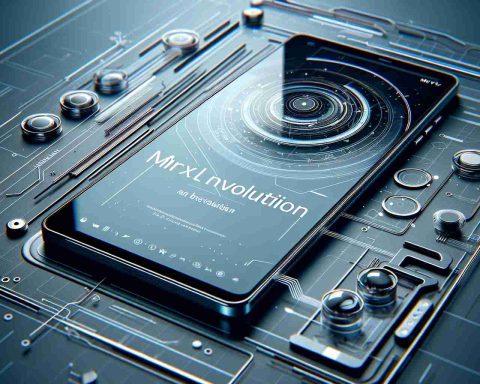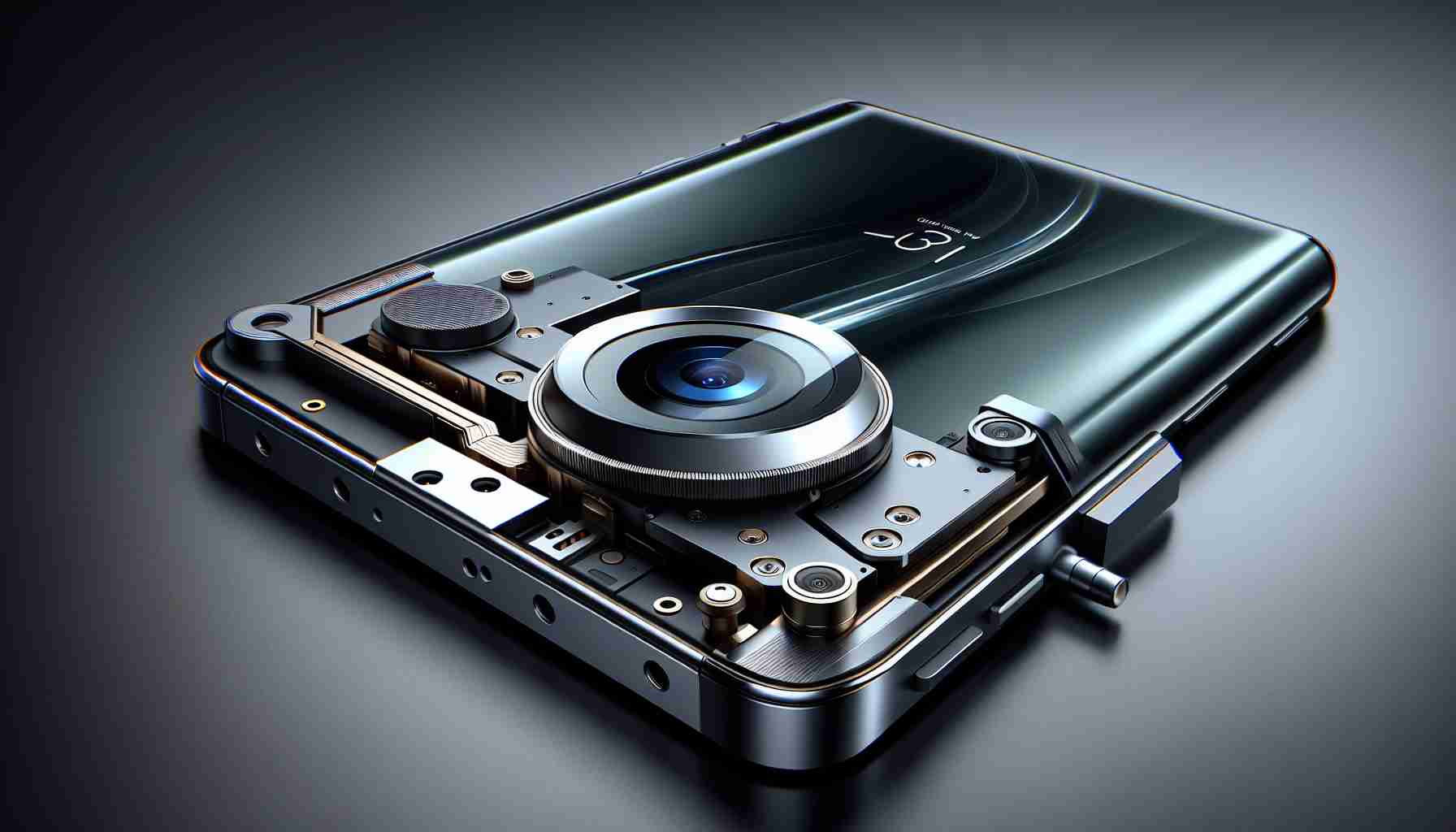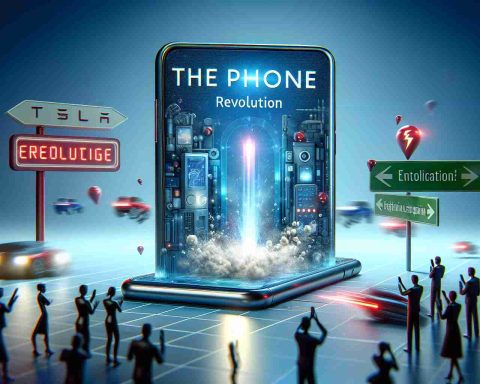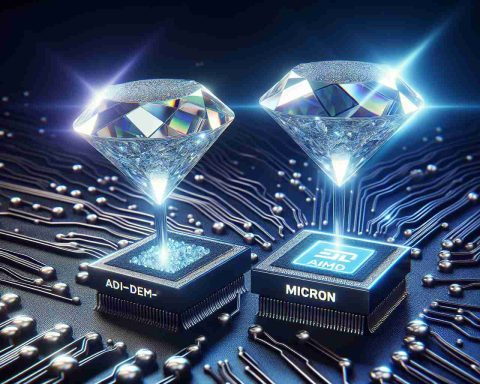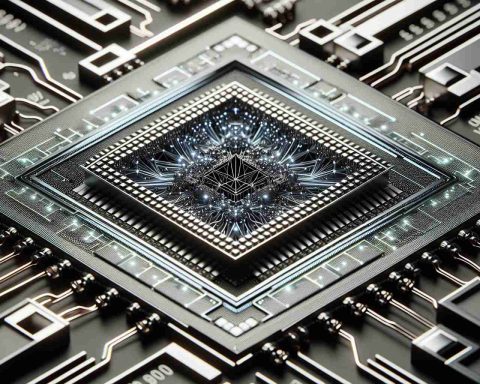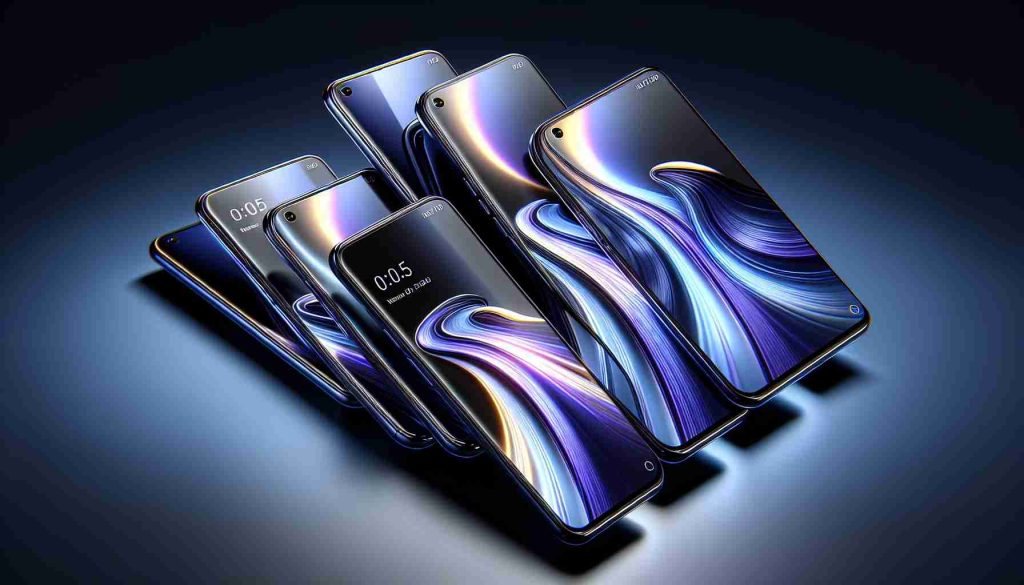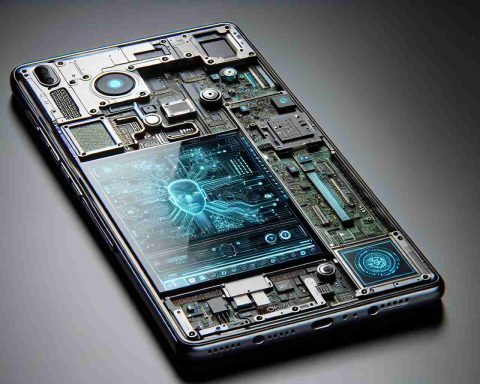In the world of smartphones, NVIDIA is preparing to make a significant shift that may redefine mobile technology. Known primarily for its dominance in the graphics processing unit (GPU) market for computers and gaming systems, NVIDIA is reportedly exploring the development of advanced GPU architectures tailored specifically for smartphones. This potential move raises exciting possibilities for the future of mobile devices.
Boosting Mobile Performance: Traditional smartphone GPUs are constrained by power and thermal limits; however, NVIDIA’s expertise in GPU optimization could introduce more efficient processing power without excessive heat or battery drain. This advancement might enable high-quality gaming, AI-powered applications, and augmented reality experiences on mobile phones, boosting performance substantially.
Impact on Gaming and AI: With the increasing demand for mobile gaming and AI-driven features, NVIDIA’s entrance could enhance the visual fidelity and computational capabilities of smartphones. Developers could harness NVIDIA’s software ecosystems, such as CUDA, to create more immersive and responsive mobile applications. As a result, users could experience desktop-level graphics and seamless AI functionalities on their devices.
Strategic Partnerships: For NVIDIA to gain traction in the smartphone sector, partnerships with major phone manufacturers will be key. Such collaborations could see NVIDIA’s GPUs integrated into flagship devices, setting new standards for mobile graphics performance and potentially initiating a new race for computational excellence in the industry.
The tech community eagerly awaits NVIDIA’s official announcements, which could signify a transformative era for smartphones, bridging high-performance graphics with mobile convenience. As we anticipate these developments, the prospect of NVIDIA-powered smartphones offers a glimpse into a compelling and visually-rich technological future.
NVIDIA’s Mobile Revolution: What Could It Mean for Consumers?
The buzz surrounding NVIDIA’s potential foray into smartphone GPUs is not just about technological advancements but about how it could reshape the way we experience mobile devices daily. Imagine smartphones that deliver computer-level graphics complexity and AI capabilities in your palm, seemingly sci-fi come true. But what would this mean for society at large?
Enhanced User Experiences: NVIDIA’s entry could vastly affect mobile apps’ quality, making them richer and more dynamic. Mobile gaming could become as engrossing as console gaming, bringing new opportunities for eSports on the go. AI functionalities like real-time translation or personal assistants might become more intuitive and lifelike.
Economic Implications: With NVIDIA potentially setting new GPU standards, the smartphone market might see price shifts. High-end devices could become more expensive due to enhanced capabilities, influencing consumer purchasing decisions. For countries focusing on tech innovation, this could bolster economic opportunities, creating jobs in app development, gaming, and AI sectors.
Environmental Concerns: Advanced GPUs might demand greater energy efficiency to avoid exacerbating e-waste issues, a modern controversy as electronic devices continue to multiply. How will companies ensure minimal environmental impact?
Questions linger: will this shift lead to an industry-wide evolution, or will it cater only to niche markets? The downside could involve increased costs and resource usage; however, the advantages include groundbreaking tech applications.
Whether you’re a gamer, tech enthusiast, or casual smartphone user, NVIDIA’s move presents a fascinating narrative of potential change and growth.
For more information on NVIDIA and its ventures, visit link name.






